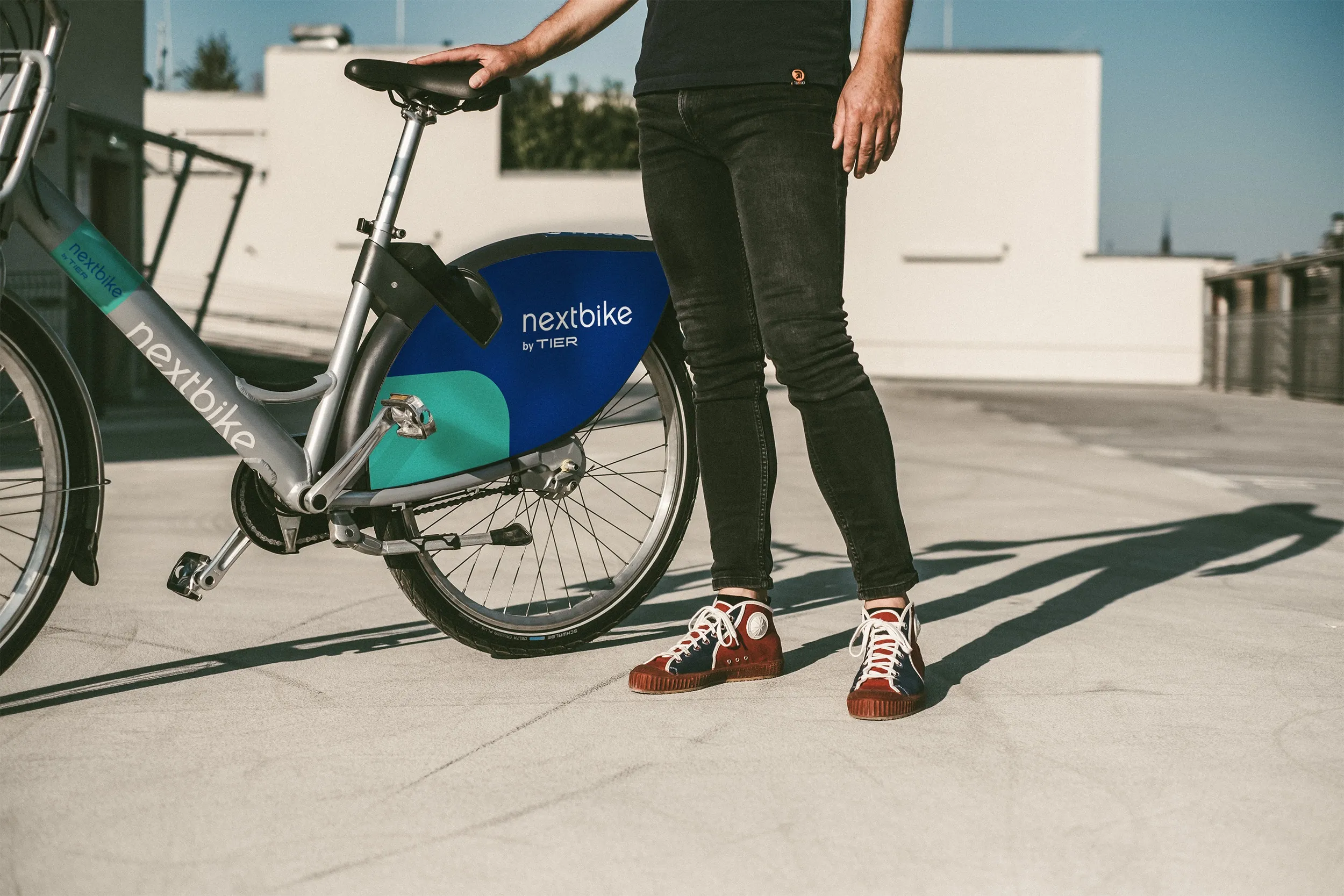
Nextbike by Tier is set to strengthen its footprint in Italy with the introduction of new bike-sharing systems in the cities of Senigallia and Mondolfo later this year.
Building upon launches in Bergamo and Gorizia in the spring of 2022, the upcoming schemes in the cities on the Adriatic Coast are planned to feature approximately 170 bikes, 55 of which will be electric, and are set to go live this autumn.
The company highlights bike-share's role in Mobility as a Service (MaaS), emphasising that the new schemes will supplement the public transport services of the two cities.
Nextbike says it will integrate with OpenMove's MaaS offer, to encourage more people to embrace sustainable mobility options such as cycling.
Pietro Peyron, responsible for Nextbike's business development in Italy, says: "The bike-sharing systems in Senigallia and Mondolfo offer great potential for the local transport revolution thanks to MaaS integration, and we are delighted to be helping to shape this transformation."
Nextbike is avaialble in more than 300 locations across more than 20 countries. By integrating bike sharing with public transport, the company says it aims to provide millions of users with convenient and sustainable transportation options, including traditional pedal bikes, e-bikes, and cargo bikes.










